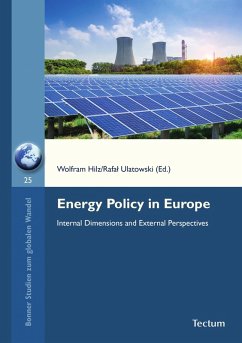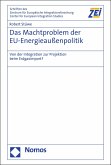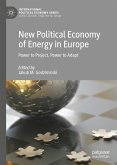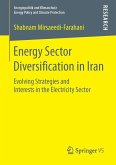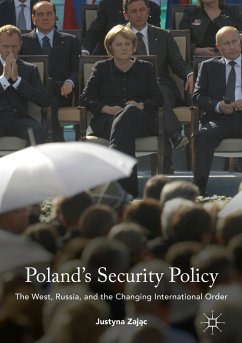After two decades of rather moderate interest in European energy issues, the awareness for this policy area began to grow again in the early 21st century. This is due to several changes in the energy market. Firstly, the great powers increasingly compete for access to energy resources. Secondly, the second biggest exporter of energy resources, Russia, started to develop its energy diplomacy by trying to transform resource wealth into political power. After several gas crises in Ukraine, the effectiveness of Russia's "energy weapon" became only too clear. Finally, the impact of climate change on energy policy became a current topic in international politics, since the energy sector is the largest producer of greenhouse gases. The European Union as organization and international player has significantly gained importance in the field of energy policy. At first, it concentrated on creating a single market for energy goods and services, but subsequently became an important player on the international energy market: building institutions, promoting norms and transforming into a "realist" actor interested in improving its own energy security. Today, the EU's climate policy strongly affects its energy policy, driving a transformation from fossil fuels to renewables. The goal of this volume is to contribute to the ongoing discussion on energy in international relations by covering different aspects of energy policy in Europe. The analysis focuses on the national perspectives of three EU members - Germany, France and Poland - as well as on the perspective of the EU. Mit Beiträgen von Hubertus Bardt, Florian Engels, Wolfram Hilz, Timo Karl, Shushanik Minasyan, Maciej Ras, Rafal Ulatowski
Dieser Download kann aus rechtlichen Gründen nur mit Rechnungsadresse in A, B, BG, CY, CZ, D, DK, EW, E, FIN, F, GR, HR, H, IRL, I, LT, L, LR, M, NL, PL, P, R, S, SLO, SK ausgeliefert werden.

